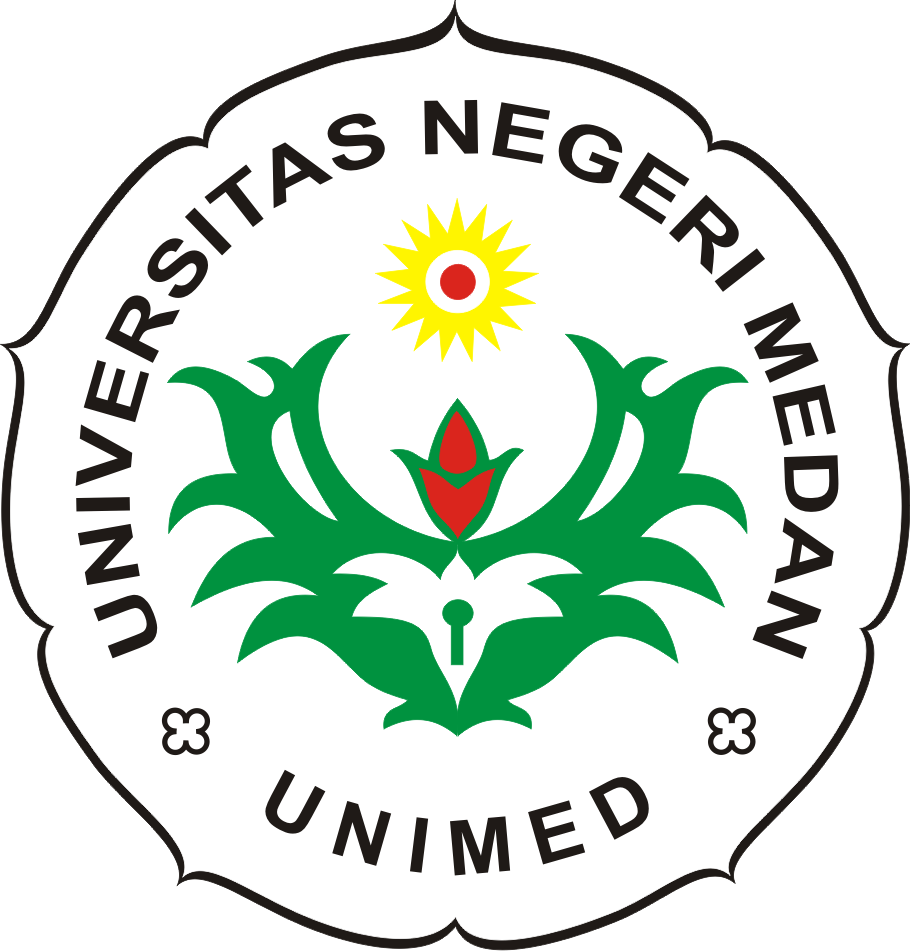DEVELOPING TEACHING SPEAKING MEDIA BY USING CLASSDOJO APPLICATION FOR THE TENTH GRADE STUDENTS AT SMA NEGERI 3 MEDAN
DOI:
https://doi.org/10.24114/reg.v8i3.20892Abstract
This study aims to: (1) find out the media used in teaching speaking for the tenth grade students at SMA Negeri 3 Medan, (2) determine the media needed by tenth grade students in speaking skills, and (3) to develop the valid media for teaching speaking based on the needs of tenth grade students. The research was conducted by using the Research and Development method from Gall, Gall, and Borg (2003). The research subject was X MIA 7 students of SMA Negeri 3 Medan. The research object is to develop the teaching English media for speaking skill by using ClassDojo Application. The instrument used was student questionnaire. The data was collected using questionnaires validation sheets. The validator consists of the English lecturer and teacher. The data were analyzed using descriptive analysis. The results of the study show that: (1) the media used by teacher does not support teaching and learning processes, (2) interactive media such as ClassDojo is the media which is needed by students, and (3) the developed media have been valid with a percentage of 90% from lecturer and 86%% from the English teacher and this media is appropriate and applicable to use regarding the students' needs for speaking skills.Keywords: ClassDojo, Speaking, Research and Development (R&D), Teaching MediaDownloads
Published
Issue
Section
License
Authors who publish with this journal agree with the following terms:
- Authors retain copyright and grant the journal right of first publication with the work simultaneously licensed under a Creative Commons Attribution License that allows others to share the work with an acknowledgment of the work's authorship and initial publication in this journal.
- Authors are able to enter into separate, additional contractual arrangements for the non-exclusive distribution of the journal's published version of the work (e.g., post it to an institutional repository or publish it in a book), with an acknowledgement of its initial publication in this journal.
- Authors are permitted and encouraged to post their work online (e.g., in institutional repositories or on their website) prior to and during the submission process, as it can lead to productive exchanges, as well as earlier and greater citation of published work (See The Effect of Open Access).
- This work is licensed under a Creative Commons Attribution-ShareAlike 4.0 International License.






